Solutions
Horse Construction offers full range of structural strengthening materials with technical supports, documentation supports, products supports, project supports.
Bonded steel plate reinforcement is to use high-performance epoxy structral bonding adhesives to bond steel plate to the surface of concrete components, so that steel plate and concrete form a unified whole, using the good tensile strength of steel plate to enhance the bearing capacity and stiffness of components.
Bonded steel plate reinforcement is to use high-performance epoxy structral bonding adhesives to bond steel plate to the surface of concrete components, so that steel plate and concrete form a unified whole, using the good tensile strength of steel plate to enhance the bearing capacity and stiffness of components. Bonded steel plate reinforcement is also a common reinforcement technology, because of its rapid construction, durable, flexible and diverse and has a good economic value has been widely used.
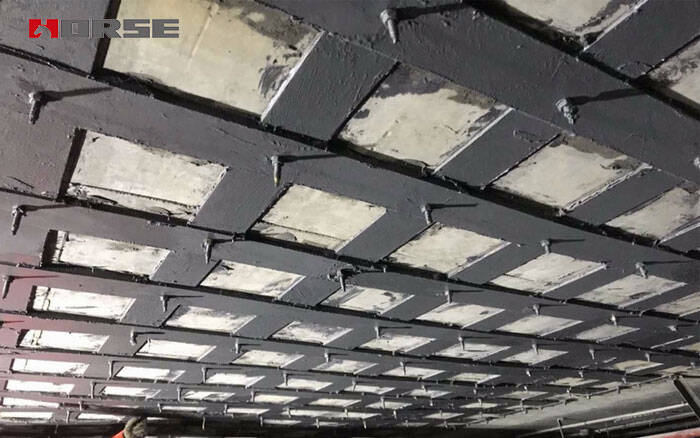
Some anchor bolts need to be planted in the process of bonding steel. The effect of these anchor bolts on bonding steel by pressure injection is different from that of coating bonding steel. Pressure injection bonded steel, these anchors only play a role in fixing the steel plate, in fixing the steel plate should pay attention to the anchor bolts do not screw too tight, need to ensure that between the steel plate and the reinforced member there is a 2-3 mm unobstructed gap, in order to hold the glue. The anchor bolt not only acts as a temporary fixing, but also acts as a pressure to ensure that the colloid evenly and effectively bonds the steel plate to the strengthened member. The anchor bolt plays a very important role in the process of sticking steel, so the selection and layout are strictly required.
First, the anchor bolts should be anchored by chemical bolts, and the expansion bolts shall not be used. Because the force of expansion bolt is unstable, if the viscose steel glue is not completely solidified, the failure of expansion bolt will lead to hollowing near the bolt.

Then the anchor bolt should not be greater than M10. Many people think that the greater the diameter of the anchor, the greater the anchorage will be. In fact, this sentence itself is not wrong, but in bonding steel, anchor bolts play a major role in temporary fixing and temporary pressure, so do not need much anchoring force. If the anchor bolt is too large, it will be necessary to open a larger bolt hole on the steel plate and the reinforced member. If the hole is too large on the steel plate, it will reduce the cross-sectional area of the steel plate, weaken the force of the steel plate. If the hole is too large, the original member will be destroyed.
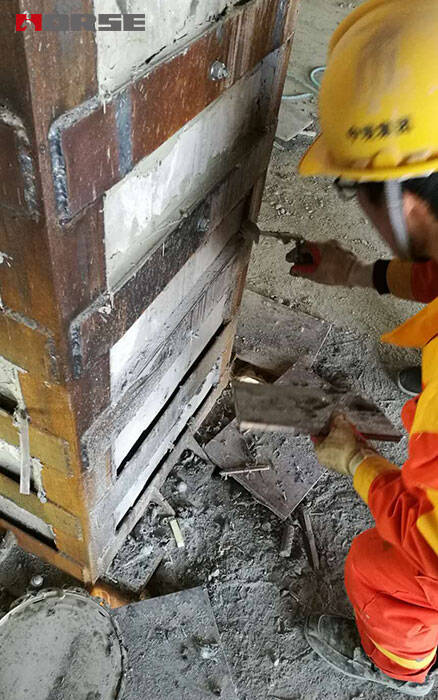
Similarly, the anchor bolt spacing should not be too small. The Code stipulates that the anchor bolt spacing and the edge spacing should not be less than 60 mm and 250 mm respectively. When the anchor bolt acts as pressure, the distance between anchor bolts should not be greater than 500 mm, so it is more reasonable to control the distance between anchor bolts when the anchor bolt is strengthened with bonded steel between 250 mm and 500 mm. It is important to emphasize that under any circumstances, the anchorage should not be considered to participate in the adhesive force.
You can find anything here you are in need of, have a trust trying on these products, you will find the big difference after that.
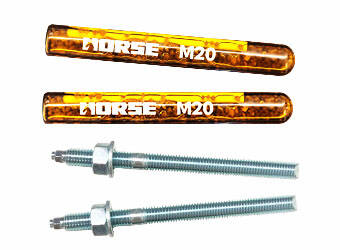
High-strength anchor bolt with vinyl resin as main materials, composed of selected quartz sands, curing agents and glass tubes
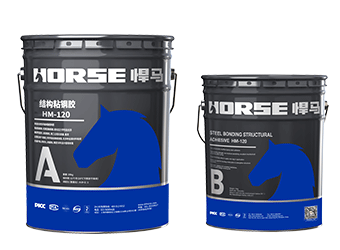
Two-component epoxy modified epoxy structural strengthening adhesive for bonded steel plate to concrete
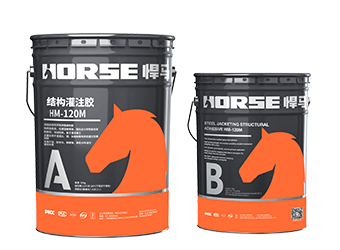
Modified epoxy resin structural perfusion adhesive, specifically for supporting adhesive bonded steel reinforcement